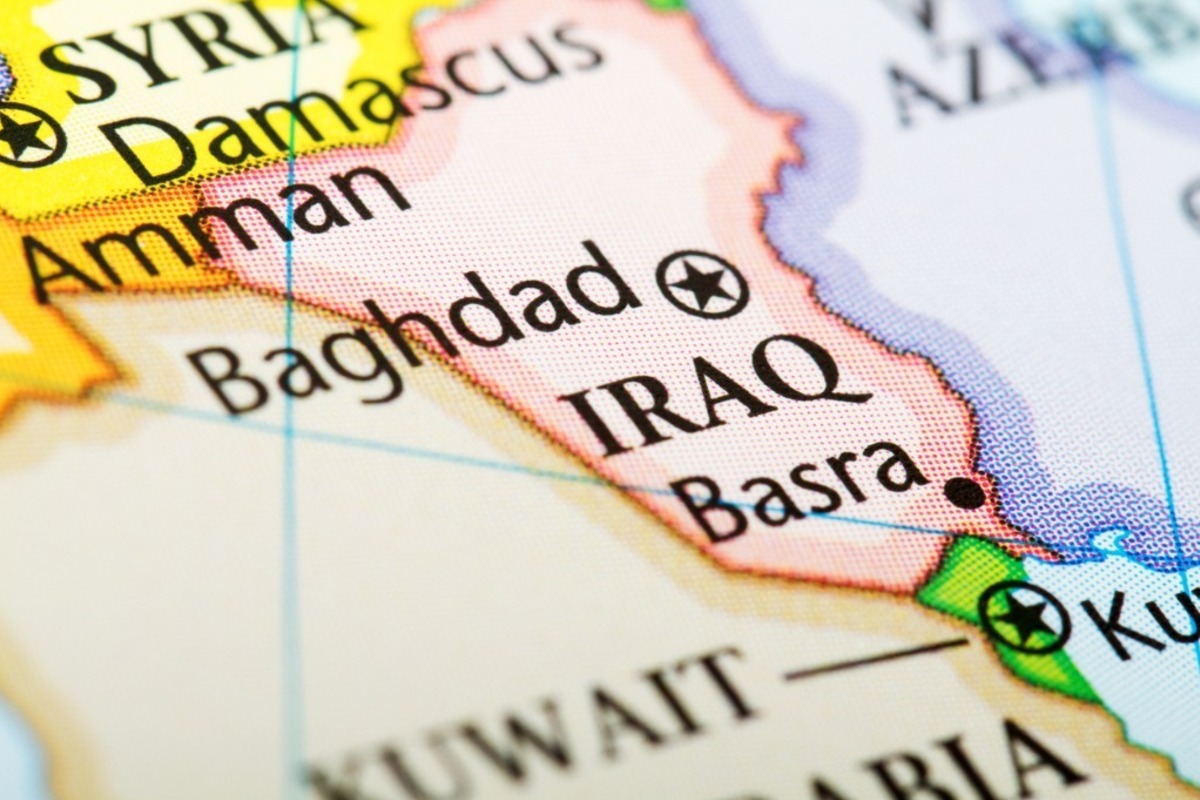

Keough School of Global Affairs
Director of the Global Policy Initiative; Special Advisor for Policy Studies; Professor Emeritus of the Practice

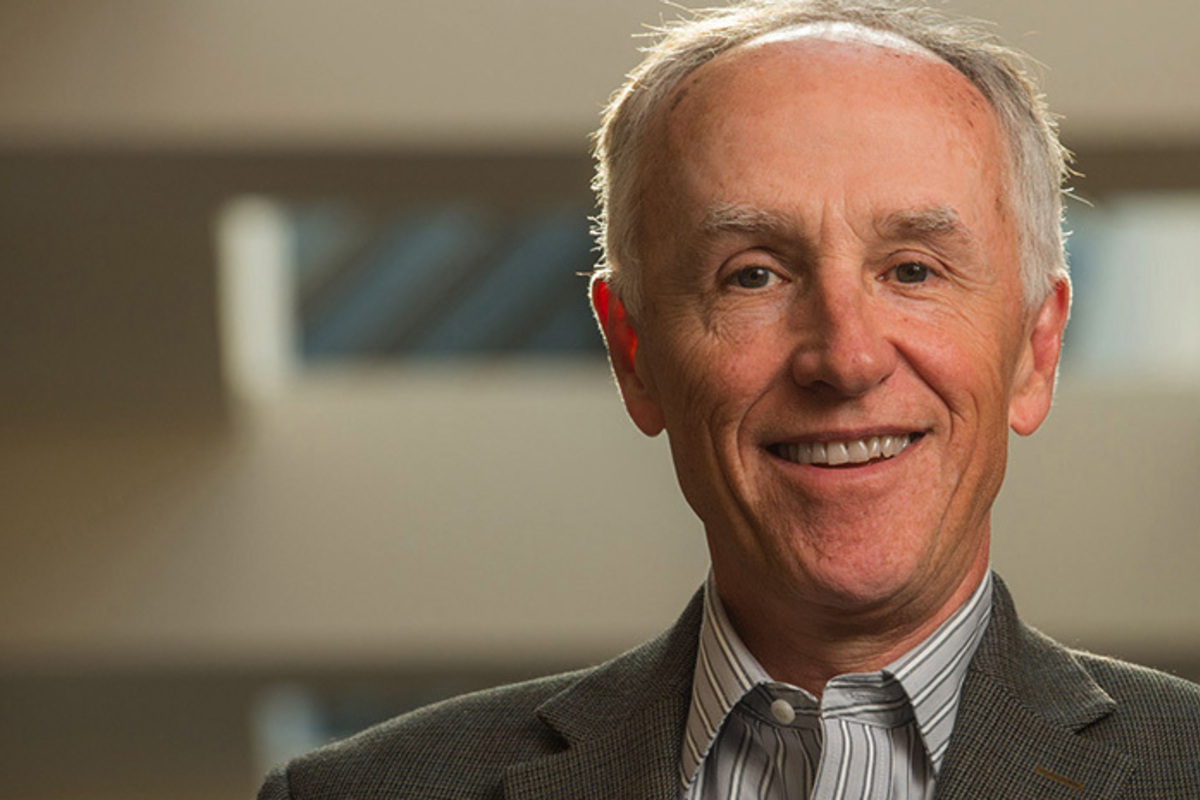
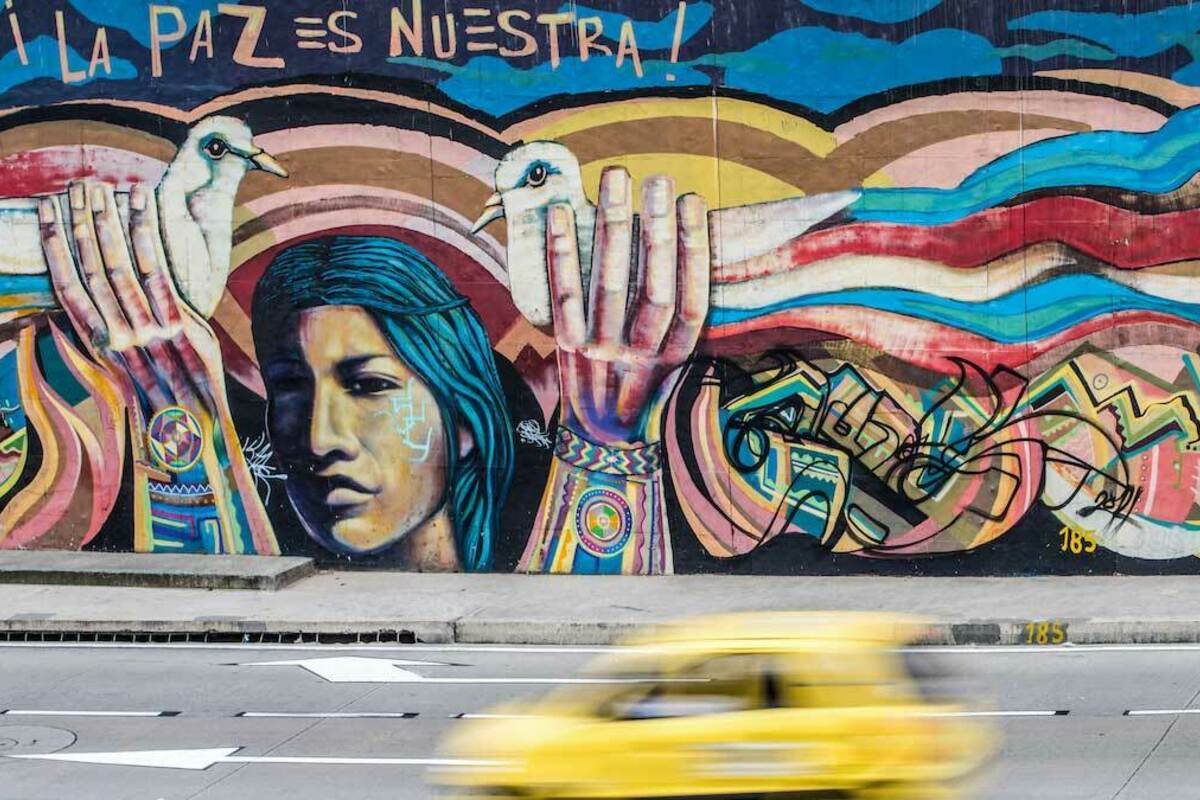
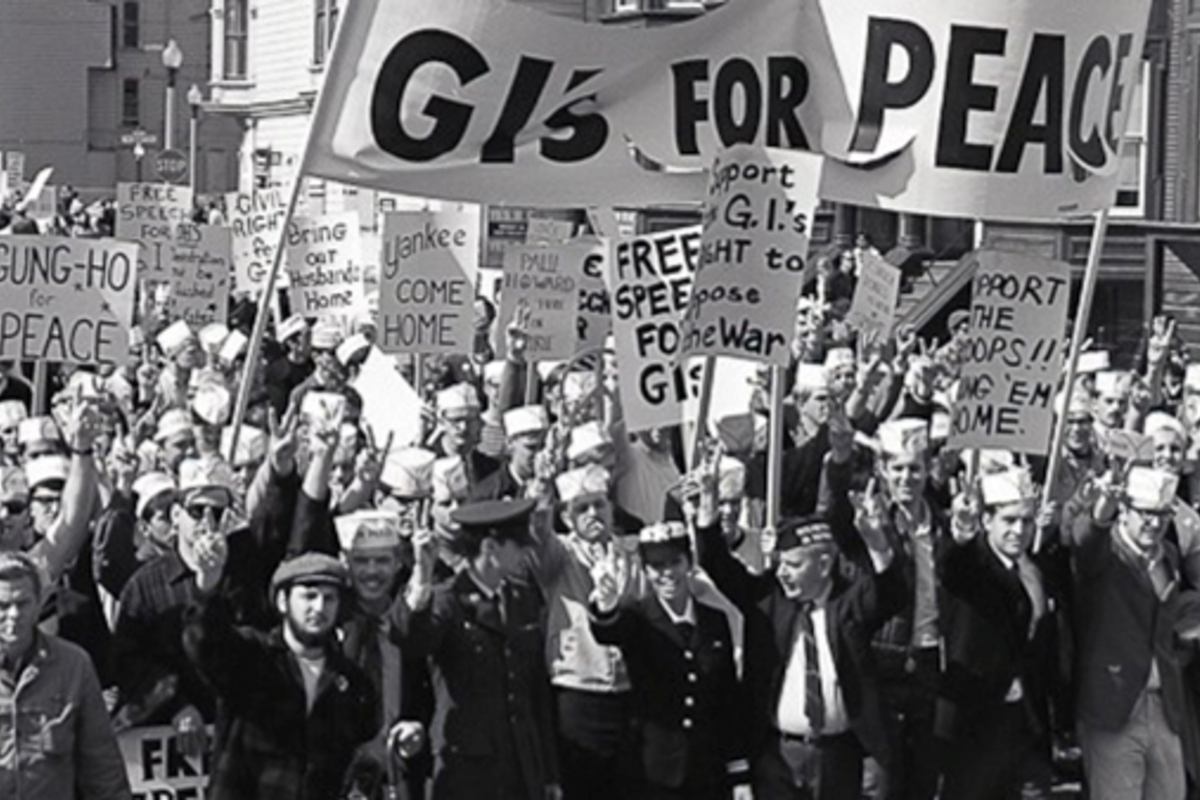
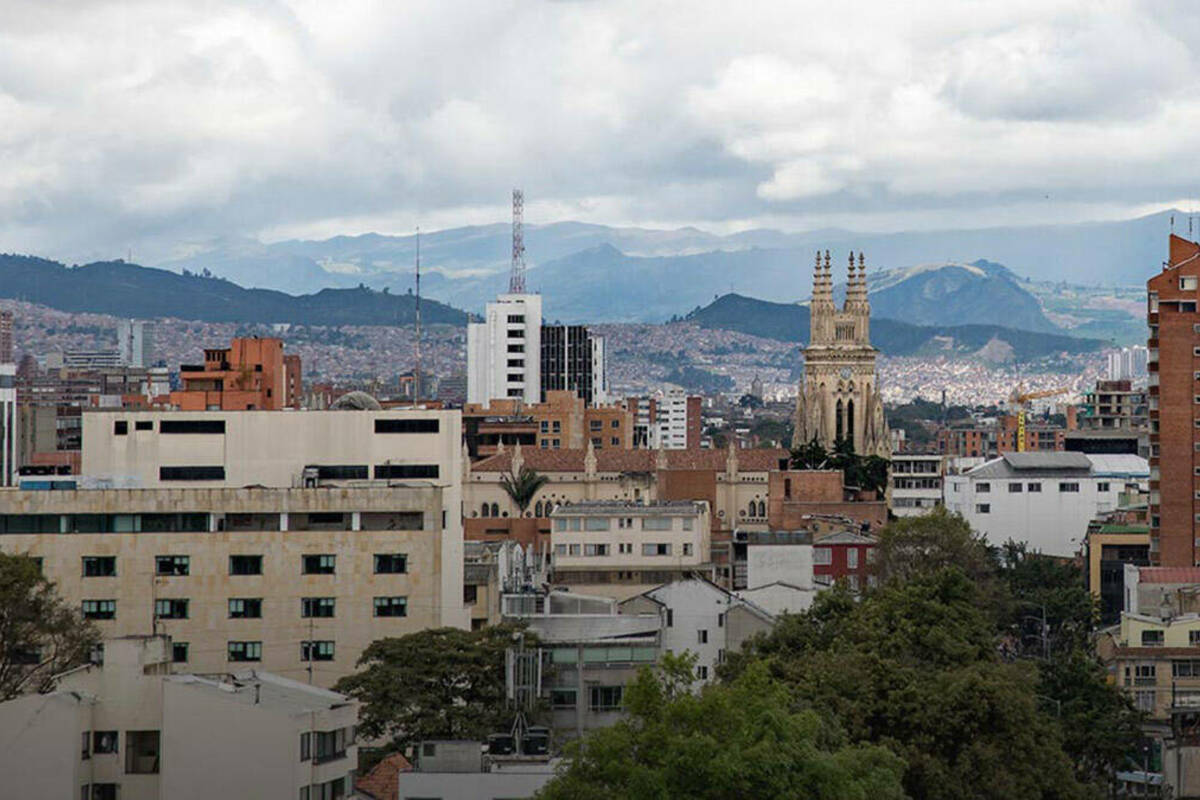
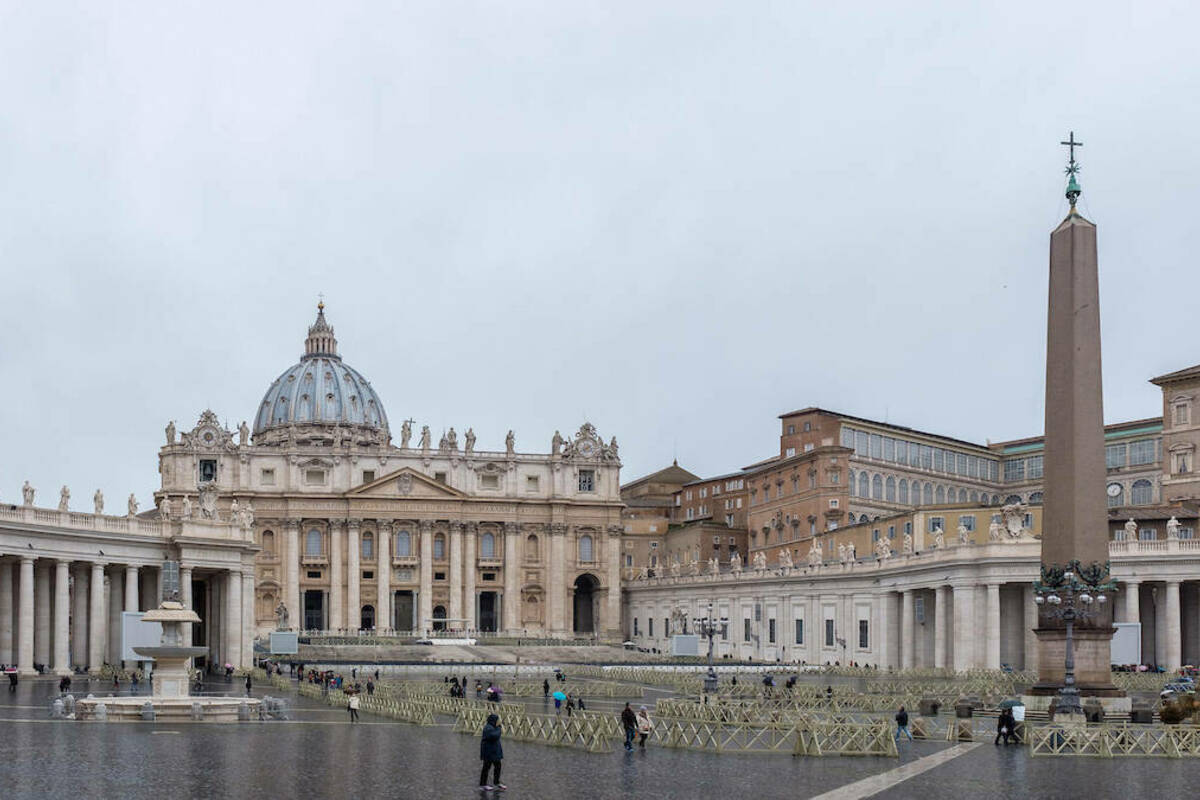
Clarín (Argentina)
April 30, 2024
“Students have always been at the forefront of great social movements. The current one against Israel's war in Gaza is similar to that of the Vietnam war, although that one was bigger for now. But we are still in the early stages of this movement,” David Cortright, professor emeritus of Policy Studies at the University of Notre Dame and a Vietnam War veteran, told Clarín .
ABC 7 News
Video Audio
April 29, 2024
David Cortright who is professor emeritus at Notre Dame and visiting scholar at Cornell believes these student protests are growing, but the number of students protesting still doesn't compare to what we saw during the Vietnam antiwar protests of the 60's.
inews
April 27, 2024
Professor David Cortright, a historian of social movements at the University of Notre Dame in Indiana, US, said the Palestine camps have echoes of some of the largest protest movements in US history.

The Washington Post
April 26, 2024
Historians like David Cortright, a professor emeritus at the University of Notre Dame, say the demonstrations already compare to several other large protest movements over the last 60 years, including the campaign to end apartheid in South Africa and the 2011 Occupy Wall Street demonstrations over corporate greed.
Boston Review
February 29, 2024
David Cortright is a Vietnam veteran, peace activist, and professor emeritus at the Keough School of Global Affairs at the University of Notre Dame.

Politico
February 27, 2024
“You’re trying to shock the consciousness” with self-immolation, said DAVID CORTRIGHT, a longtime expert in nonviolent social change who was an active duty soldier when he protested the Vietnam War, told NatSec Daily. “The desire to inspire is absolutely there.”
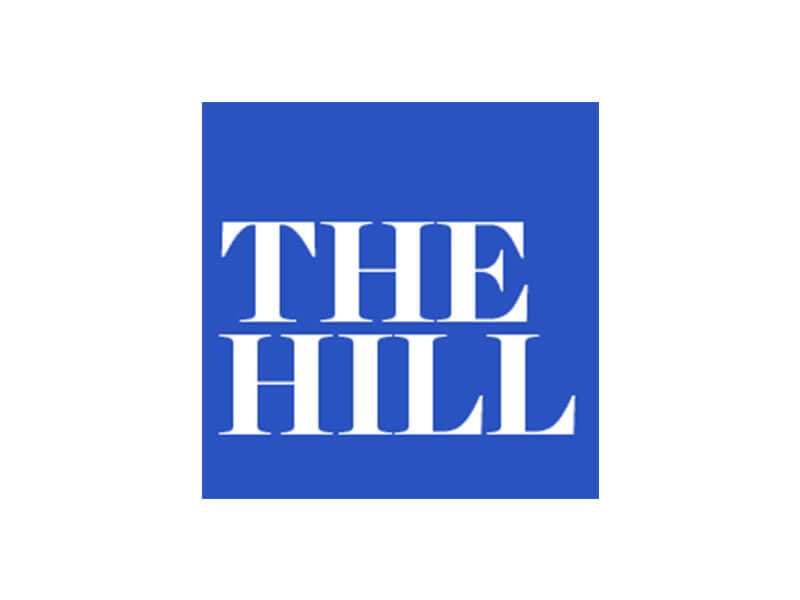
The Hill
January 24, 2024
David Cortright, a professor emeritus at the University of Notre Dame’s global policy school, said in an email to The Hill the strikes “contradict the recent message” from Secretary of State Antony Blinken to avoid widening the Middle East conflict. “The use of force to defend ships under attack in the Gulf may be justifiable,” he wrote, “but it is not clear that strikes on targets in Yemen qualify as self-defense or meet the requirement of military necessity.”

PBS
December 19, 2023
If the Palestinian solidarity demonstrations have seemed “relatively modest” so far, University of Notre Dame professor David Cortright said that it also took time for the Iraq War “protests to emerge on a large scale in the U.S.”

C-SPAN
Video Audio
December 11, 2023
The Peace History Society hosted a discussion on antiwar protests during the 2003 invasion of Iraq. This event took place at Gwynedd Mercy University in Pennsylvania. Our four panelists are first David Cortright, professor emeritus at the University of Notre Dame and the former director of policy studies at the Kroc Institute for International Peace Studies.

The Hill
October 25, 2023
David Cortright, professor emeritus at the University of Notre Dame’s global affairs school, said fighting in Gaza carries an immense risk for Israel’s standing, suggesting they should instead “convene an international tribunal to bring to justice” those responsible in Hamas for attacking Israel, while seeking a political solution with the Palestinian people.
Talk World Radio Podcast | Italian
Video Audio
September 05, 2023
This week on Talk World Radio we look back on the peace movement against the war in Iraq, or its phase that began 20 years ago. Our host, David Cortright, is Professor Emeritus and Special Advisor for Policy Studies at the Keough School of Global Affairs and the Kroc Institute for International Peace Studies at the University of Notre Dame.

OSV News
September 05, 2023
“I think it’s been evolving in this direction — through the Atomic Age from Paul VI onward — that the church sees exactly this ominous reality of nuclear weapons, and that they are, by their very nature, indiscriminate instruments of mass annihilation,” David Cortright, professor emeritus at the University of Notre Dame’s Kroc Institute for International Peace Studies in Indiana, told OSV News.

USA Today
August 02, 2023
Still, retired peace studies professor David Cortright said that it's time for Ukraine and Russia to do more talking about how to end the war even if they don't trust each other, or the mediators involved.

PBS
Video Audio
March 28, 2023
David Cortright, Professor Emeritus from the Kroc Institute for International Peace Studies, is featured in the documentary film "The Movement and the 'Madman'" as part of the PBS series "American Experience."
Dissent Magazine
May 09, 2022
David Cortright is Professor Emeritus at the University of Notre Dame’s Kroc Institute for International Peace Studies.

Sojourners
May 02, 2022
David Cortright, a scholar at the University of Notre Dame and the co-author of The Sanctions Decade: Assessing UN Strategies in the 1990s, told Sojourners that these sanctions are “probably the most severe sanctions that have ever been imposed” on Russia “in terms of the sweep of the restrictions and the amount of money that’s locked down.”

Al Jazeera
April 01, 2022
Across sectors, things will get worse as more and more foreign companies flee Russia, said David Cortright, director of the Global Policy Initiative at the University of Notre Dame’s Kroc Institute for International Peace Studies.
Merco Press
March 21, 2022
“The fighting spread rapidly throughout the ship, with bands of Blacks and Whites marauding through the decks and attacking each other with fists, chains, wrenches, and pipes,” according to David Cortright, now with the Kroc Institute at the University of Notre Dame.
NewsNation
March 10, 2022
“I’ve been studying sanctions for some decades and we see frequently that the assets of the troublemakers are frozen. They’re locked down, they can’t use them, they can’t get access to dollars or to credit or hard currencies, but the idea of actually seizing assets, this is pretty unprecedented,” said David Cortright, director of the Global Policy Initiative at the University of Notre Dame.

Fortune
Video
March 02, 2022
Sanctions stand a better chance of working if they're enforced by multiple countries. (Video featuring David Cortright, Director of the Global Policy Initiative, University of Notre Dame.)
The Conversation
February 27, 2022
David Cortright is affiliated with Win Without War. George A. Lopez is a Non-Resident Fellow with the Quincy Institute, Washington, D.C., and a U.S. Fulbright Senior Specialist in Conflict Resolution and Peace Studies, 2018-2023.

Al Jazeera
January 21, 2022
They’ve targeted oligarchs and organisations close to Russian President Vladimir Putin. But they have so far failed to deter Putin from “continuing to stir up trouble over Ukraine,” said David Cortright, director of the Global Policy Initiative at the University of Notre Dame’s Kroc Institute.

NPR
January 04, 2022
NPR's Rachel Martin discusses the potential effectiveness of new U.S. sanctions on Russia with David Cortright, director of the Global Policy Initiative at Notre Dame's Keough School of Global Affairs.

The Independent
December 07, 2021
Written by David Cortright, Keough School of Global Affairs.
Almayadeen
Video
October 25, 2021
David Cortright discusses the future of Iraq.
The Conversation
August 11, 2021
Madhav Joshi is associate director of the PAM project, which has the mandate to monitor the 2016 Colombian Final Agreement and is partly funded by the US State Department, the European Union, the Humanity United, and the UN's Multi-Partner Trust Fund. David Cortright has raised funds from the US State Department for the Kroc Institute project monitoring the Colombia peace agreement. He is active with the NGO Win Without War, which conducts policy advocacy on progressive foreign policy issues.

National Catholic Reporter
April 21, 2021
"The U.S. policy has had diminishing returns and has not been able to achieve any significant goal over the last decade or more. The goal was to create a more secure, stable Afghanistan and that certainly has not happened," said David Cortright, director of the Global Policy Initiative at the University of Notre Dame's Keough School of Global Affairs.